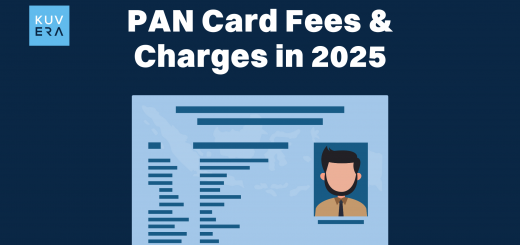When it comes to securing your family’s financial future, term insurance emerges as a powerful tool. Whether you’re new to the concept or seeking a comprehensive understanding, this blog will delve into what term insurance is, whether you should get it, and the crucial factors to weigh before making a decision.
What is Term Insurance?
Term insurance is a type of life insurance that provides coverage for a specific period, known as the “term.” If the policyholder passes away during this term, a predetermined sum assured is paid out to their beneficiaries. Unlike whole life or universal life insurance, term insurance doesn’t build cash value over time. It focuses solely on offering a death benefit to protect your loved ones in case of your untimely demise.
Should You Get Term Insurance?
The decision to get term insurance depends on your individual circumstances. If you have dependents, such as a spouse, children, or aging parents, term insurance can provide them with financial security and stability in case you’re not around to provide for them. Additionally, if you have loans or debts, term insurance can ensure that your family isn’t burdened with these liabilities in your absence.
5 Key Considerations Before Buying Term Insurance
- Coverage Amount: Determining the right coverage amount is crucial. Calculate your family’s financial needs, including daily expenses, outstanding debts, education costs, and future goals. The sum assured should be sufficient to cover these expenses comfortably.
- Policy Term: Choose a policy term that aligns with your needs. For instance, if you have young children, opt for a term that covers them until they’re financially independent. Keep in mind that longer terms may come at a higher premium.
- Premium Affordability: While term insurance is generally more affordable than other life insurance types, it’s essential to select a premium that fits your budget. Avoid overextending yourself, as consistent premium payments are crucial to keeping the policy active.
- Rider Options: Riders are add-on benefits that enhance your term insurance coverage. Common riders include critical illness coverage, accidental death benefit, and waiver of premium. Evaluate which riders align with your needs and consider adding them to your policy.
- Claim Settlement Ratio: The claim settlement ratio of an insurance company indicates the percentage of claims they’ve paid out against the total received. Research and choose a reputable insurer with a high claim settlement ratio to ensure that your beneficiaries won’t face difficulties when making a claim.
Conclusion
Term insurance is a powerful tool to safeguard your family’s financial future. By understanding what it is, evaluating whether you should get it, and considering essential factors before purchasing, you can make an informed decision that provides peace of mind for both you and your loved ones. Remember, term insurance is not a one-size-fits-all solution, so take the time to assess your unique needs and tailor your policy accordingly.
Interested in how we think about the markets?
Read more: Zen And The Art Of Investing
Watch/hear on YouTube:
Start investing through a platform that brings goal planning and investing to your fingertips. Visit Kuvera.in to discover Direct Plans and Fixed Deposits and start investing today.










